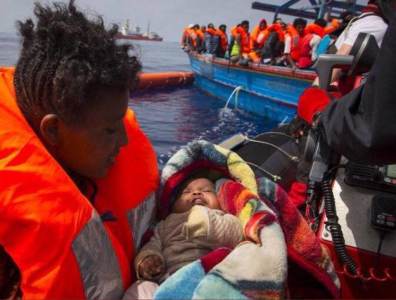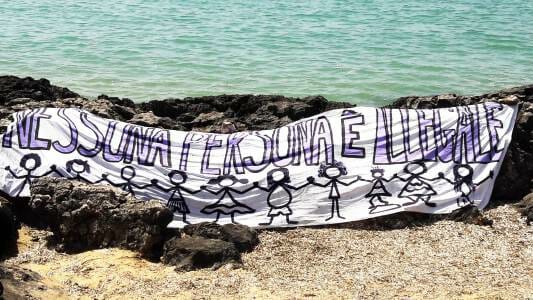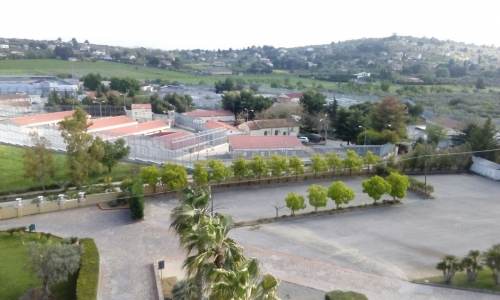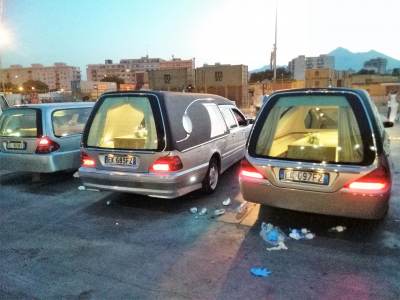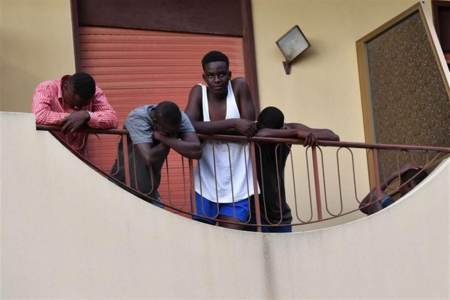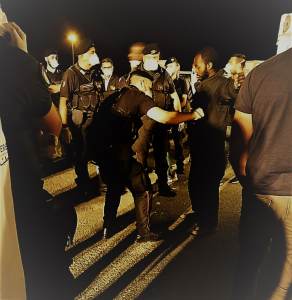European Parliament Sides Against Humanitarian Crimes
Taken from Redattore Sociale –“Providing assistance to migrants is not a crime”. The words of a meeting of European MPs requesting that states monitor border stops. In Italy, the investigations by public prosecutors into the NGOs have reached a dead end: no news from Trapani for a year; in Ragusa “Proactiva” has been exonerated and Palermo has dropped the case as “there are no links to the traffickers.”
6 July 2018
MILAN – NGOs and humanitarian aid workers are helping European states save people on land and sea. But the European Parliament considers that the “risk of criminalising those who provide migrants with humanitarian assistance” is always increasing.
A resolution was passed through a show of hands yesterday, by which EU MPs sided against “humanitarian crimes” and the “undesired consequences” of the EUs so-called “aiding and abetting packet” which includes the “directive on aiding and abetting”. The Brussels MPs explain that the directive itself “is not binding for member states and that an exception can be applied by which the crime is not considered as such if it has a humanitarian aim.” This exception has fallen on deaf ears in member states, and with a “limited level of reception”, despite the UN protocols on migrant trafficking providing the same indications.
Members states “ought annually collect and record data on the number of people stopped for aiding and abetting immigration at external and internal borders, as well as the number of juridical cases initiated and the number of guilty verdicts, along with information on the way in which the verdicts have been issued and the reasons for the investigation having been effected”, one reads in the minutes of the meeting on July 5th. The position taken by the assembly also relates to the investigations initiated by Italy against the NGOs that rescue migrants in the Mediterranean Sea. Over the last year, the public prosecutors in Trapani, Palermo, Catania and Ragusa have investigated volunteers at sea. The vessel Juventa was seized in Trapani, belonging to the German NGO ‘Jugend Rettet’, under accusation of supposed contacts made at sea between members of the organisation and Libyan traffickers. The seizure was confirmed by the high court* in April 2018 but the investigations have gone quiet. In Palermo, the case against the German NGO ‘Sea Watch’ and the ship Golfo Azzurro, belonging to the Spanish NGO Proavtiva in 2016, has been closed. The judges explained that there is no evidence to link them with the Libyan traffickers, while Sea Watch has made it known that it was never informed of any investigations into their activities.
In Spring 2018 the prosecutor in Catania accused three members of the NGO Proactiva of criminal association to the end of aiding and abetting illegal immigration, and seized the ship Open Arms. The president of the office of the Justice of the Peace in Catania, Nunzio Sarpietro, dropped the accusation of criminal association less than 10 days after the seizure, finding the accusation without substance, transferring the file to Ragusa. There, first the Justice of the Peace and the court of re-examination disproved the accusations, releasing the vessel and explaining that the NGO reacts in a “state of necessity”, sanctified in Article 54 of the penal code, and could not take rescued migrants to Libya, a country without ports of safety.
Francesco Floris
Redattore Sociale
* High court = Cassazione
Project “OpenEurope” – Oxfam Italia, Diaconia Valdese, Borderline Sicilia Onlus
Translation by Richard Braude

